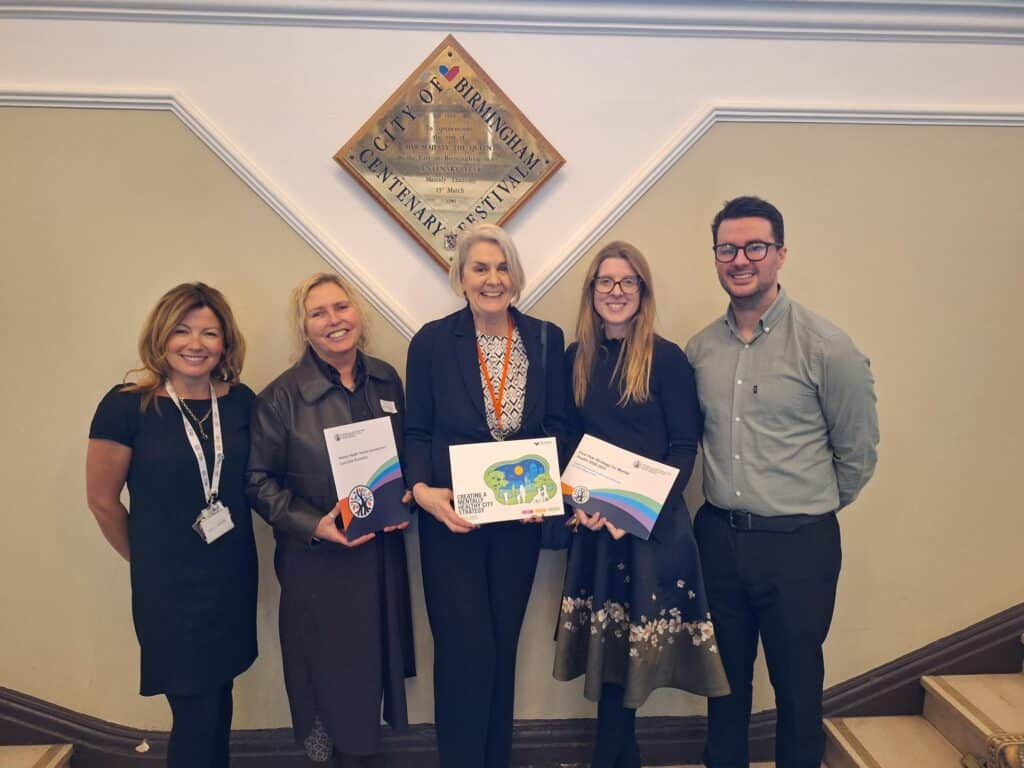Being yourself when working with patients and being mindful of the language you use, can have a great impact on breaking down barriers.”
We are incredibly proud to announce that Junaid Shabir, Trainee Mental Health and Wellbeing Practitioner, has once again been recognised by the British Psychological Society (BPS). This time for his insightful and powerful reflection on the role of code-switching in clinical mental health practice. Code-switching is the act of shifting between different languages, dialects or accents depending on social context.
In his latest piece, Junaid explores the impact of Code-switching and how it plays a pivotal role in building rapport with patients and service users from diverse backgrounds. Drawing from personal experiences and professional practice, Junaid illustrates how code-switching can be a powerful clinical tool to break down barriers, foster trust and promote meaningful psychological engagement.
Junaid’s article includes real-life examples of using Mirpuri, Arabic and informal English dialects to connect with patients and service users who were initially disengaged or resistant to support. These moments not only helped them feel understood and respected but also encouraged deeper participation in psychological interventions and ward activities.
He also advocates for greater recognition of code-switching in clinical training. Suggesting that equipping future practitioners with the skills and confidence to code-switch where appropriate can enhance patient and service user outcomes, strengthen cultural understanding and empower clinicians to bring their authentic selves to their work.
Reflecting on the recognition, Junaid said:
It feels surreal that I’ve got another publication out. I feel like an established writer. Hopefully I can continue to provide the best service for patients whilst bringing my authentic self to work and being able to document my journey through future publications!”
We are proud to have Junaid as part of our team and commend his dedication to advancing inclusive mental health care. His recognition by the BPS is not only well-deserved but also a reflection of the impact that compassionate, culturally aware practitioners can have on the lives of the people they serve.
We can read more about his work on the BPS website.

Published: 5 June 2025








